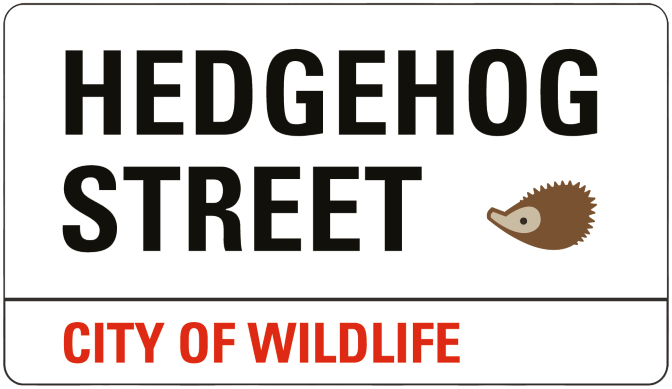Our response to Daily Mail article – advice for feeding hedgehogs
13th September 2017
On 8th September 2017 the Daily Mail ran an article by Victoria Allen stating that experts are saying not to feed hedgehogs in autumn, see article here.
We at Hedgehog Street would like to make it very clear that there is NO evidence to suggest this is the correct course of action and no new research has been carried out in this area. Our advice remains to offer hedgehog food, meaty cat or dog food, cat biscuits and water for hedgehogs up until they hibernate. This food can literally be a lifesaver, helping them build the fat reserves they need for hibernation. We have made an official complaint to the Daily Mail.
Fay Vass, Chief Executive of BHPS said “I was alarmed to read this misleading article. There is no evidence to suggest this is the right course of action, I feed hedgehogs in my own garden and will continue to do so right up until the food is no longer taken. Providing supplementary food for hedgehogs at a time when it is critical for them to gain weight in preparation for hibernation is to be encouraged. Should future science prove robustly that this is not the correct thing to do then of course our advice would change, but there is no such evidence or indeed any such research being carried out.”
The article misrepresents comments made by Dr Dawn Scott of the University of Brighton who has issued the following statement:
Response to Daily Mail article:
“I would like to clarify that I did not state that hedgehogs should not be fed supplementary food in the Autumn in the run up to hibernation. I myself feed hedgehogs in the autumn to help them attain body weight before the winter and several animals may need this boost to obtain the body weight sufficient to survive hibernation. I would encourage people to feed hedgehogs in the autumn when they need to put body weight on, however I encourage wildlife friendly garden which would promote natural food supplies as opposed to a reliance on supplementary food.
In my recent talk at the British Science Festival I presented some data on my findings on impact of anthropogenic feeding on urban mammals this included foxes, badgers and hedgehogs. I mentioned my concerns over the emerging impact of anthropogenic food supplied by householders on animal behaviour and stated more research is needed.
The point of the BSF is to stimulate discussion and debate hence I raised the point of ‘do we actually know the impacts of people feeding wildlife and it might not always be beneficial.’
As hedgehogs are in such decline we really do need to know the consequences of our actions in terms of long term affects and this urgently needs more research.
I said I was concerned that hedgehogs were noted as active throughout December and January last year and that although this is likely to be climate related that abundant food supply throughout winter in gardens could also be affecting hibernation timing. One of the ecological consequences of urban environments for animals is the potentially constant supply of food which could affect natural seasonal behaviour. Food reduction as well as temperature is a trigger for hibernating animals and so abundant food could potentially affect this trigger. Anthropogenic feeding and how it can disrupt hibernation patterns has been shown in some other species. E.g. impact of human feeding on bear hibernation http://eu.wiley.com/WileyCDA/PressRelease/pressReleaseId-129940.html
I said I had no direct data on this, it was a point for discussion and raised as an area that needs to be researched in future. I linked this point with the emerging feeding habits of people towards other urban animals and said we need to look carefully at how, what and when we feed wildlife to maximise its benefit and reduce any potential detrimental affects.
The title of the Daily Mail article is misleading of what I said in my talk. I do not support the statement of not feeding hedgehogs in Autumn.”
Dr Dawn Scott
University of Brighton

